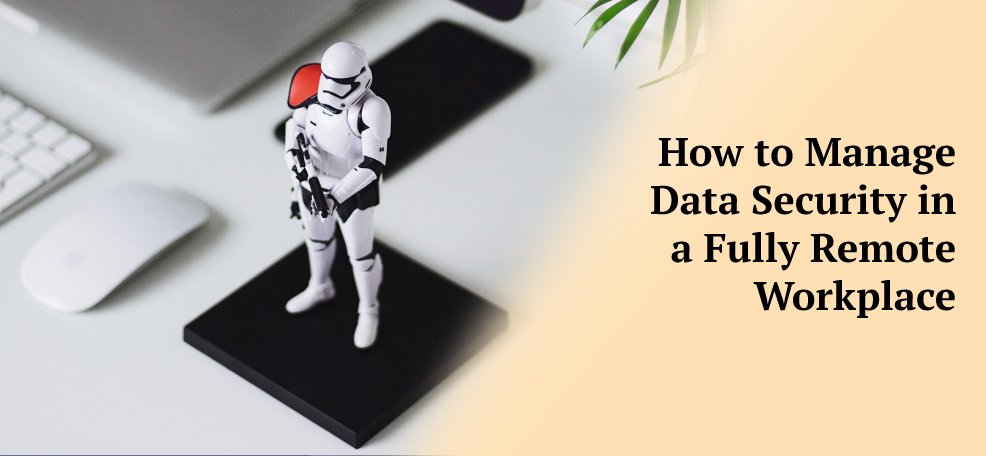Many employees react differently to remote working. Some of them have personal issues such as productivity and interaction. With the new normal of the COVID-19 pandemic, remote working is vital.
At first, working from home seems challenging due to changes in the working environment. A worker’s personality and discipline are paramount while working from home. The majority of employees prefer face-to-face interaction with their colleagues.
Direct help from managers is beneficial to their productivity and company performance. This article seeks to help you understand why remote working doesn’t fit you.

Reasons Why You Don’t Fit in Remote Working
Remote work is not meant for everyone. Some employees find it challenging to work from home due to various reasons. Here are few insights on why working from home doesn’t work for you.
1. You’re not really into your job at all
Not loving your job is among the reasons you might be straggling working from home. Passion is what drives discipline, respect and handwork.
Doing what you like makes you happy and excited to wake up and be productive. Not being passionate about what you do gives you no reason for work dedication.
Loving your job is an overall performance and productivity booster. Employees who enjoy their work feel motivated, deliver on time, and value their work.
2. You find it hard to connect with teammates online
Lack of mutual connection between your teammate makes you feel unappreciated. Your team members are likely to influence your daily productivity depending on your work relationship.
The company may have some challenges that are making you feel unwanted or unsatisfied. These issues affect your working schedules and productivity.
Company achievements and performance motivate the employee to be part of the success. Poor teamwork collaboration and communication leads to loneliness, indiscipline, and poor performance. Relating well with your colleagues increases your productivity and work improvement.
You might be having a rough time working at home due to poor teamwork collaboration.
3. You don’t have a space at home that’s conducive for remote working
An office offers you a conducive environment for working and concentration. Remote working is an interruptive environment that affects your working performance.
Home activities that may be affecting you are house chores, young children, and noise. These distractions leave you uncomfortable and tired.

Many remote workers find it challenging to manage their time. You may be struggling to balance your office work and home chores. Working from home requires dedication, extra effort, and strict time management.
4. You find working at home unmanageable
Remote working requires high levels of self-discipline and dedication. The work from home protocols involves minimal supervision from your managers. Self-discipline helps you deliver quality work in and timely. Lack of proper time management and communication skills affects your productivity.
Some remote work employees find this challenge complicated and unmanageable. Building a comprehensive schedule is a good idea to help manage your time. Keep track of the amount of time taken on a specific task for future improvement. Be transparent with your boss to ensure you perform the tasks correctly.
5. You feel lonely at home, without the presence of your workmates
Sometimes getting over home loneliness is a challenge. You are already used to working in an office full of people. You feel like you are missing out on the motivation and fun of working closely with your colleagues.
Your workplace plays a significant role in your daily and social life. Working alone tends to be exhausting, depressing, and isolating. Online meetings and communications are not enough to end loneliness. Physical appearance and engagements play a role in work productivity.
Ensure to be in touch with your colleagues as much as possible to help get rid of loneliness. Your household members may not be able to offer you the support you need to work. Consult and communicate often with the team to be on the same page. For ample productivity, ensure to stay healthy and motivated.
6. You struggle to separate work and personal life
Work-life balance is splitting your time between professional tasks and personal obligations. Work-to-life and life-to-work are two aspects that affect remote working.

Balancing work and home is a challenge that leads to fatigue and exhaustion. Working from home becomes tedious to workers who have to juggle the two tasks. Both situations require maximum concentration that may lead to stress and depression. The effective way of balancing these situations involves being flexible.
Work-life balance requires planning, a strict working schedule, and relaxing breaks when necessary.
Communication tools come in handy in reaching out to your team members and managers. Manage your time to ensure you have ample time for professional and personal duties.
7. You’re struggling to overcome the distractions at home
As a remote worker, you have to learn how to overcome home distractions. Working at home is a shirking process that affects work activities and schedules.
Remote working may be with us for a long time. Learning to cope with the situation and career growth requires discipline.
Statistics show that 80.6% of remote workers prefer working four days a week. This enhances their concentration and breaks between work. To avoid distractions, avoid using your phone with distractive media.
Learn remote work knowledge base insights to create a mindful barrier. Create a time management plan to fit your daily activities.
8. You’re not into Zoom meetings and online team building
Since the pandemic struck, virtual meetings, online communication, and the use of remote working tools have been the order of the day. It is ethical to join and attend all zoom meetings to keep tabs on the company’s progress. Many companies are now using virtual engagements to reach out to their employees. Communication is a vital way of improving company performance and productivity.

Conclusion
Remote working is the new normal that employees are adapting to. Working at home is challenging with all the distractions around. With this norm, learning how to handle your daily task without supervision make work easy.
Splitting your professional and personal life is ideal to avoid work stress. Time management and dedication enhance timely delivery.
Remote workers’ knowledge base systems enable you to weigh your options and instill self-discipline. Work dedication and ethics are simple measures to ensure work delivery and productivity.
Often go through the company communications to note the changes and various requirements.



